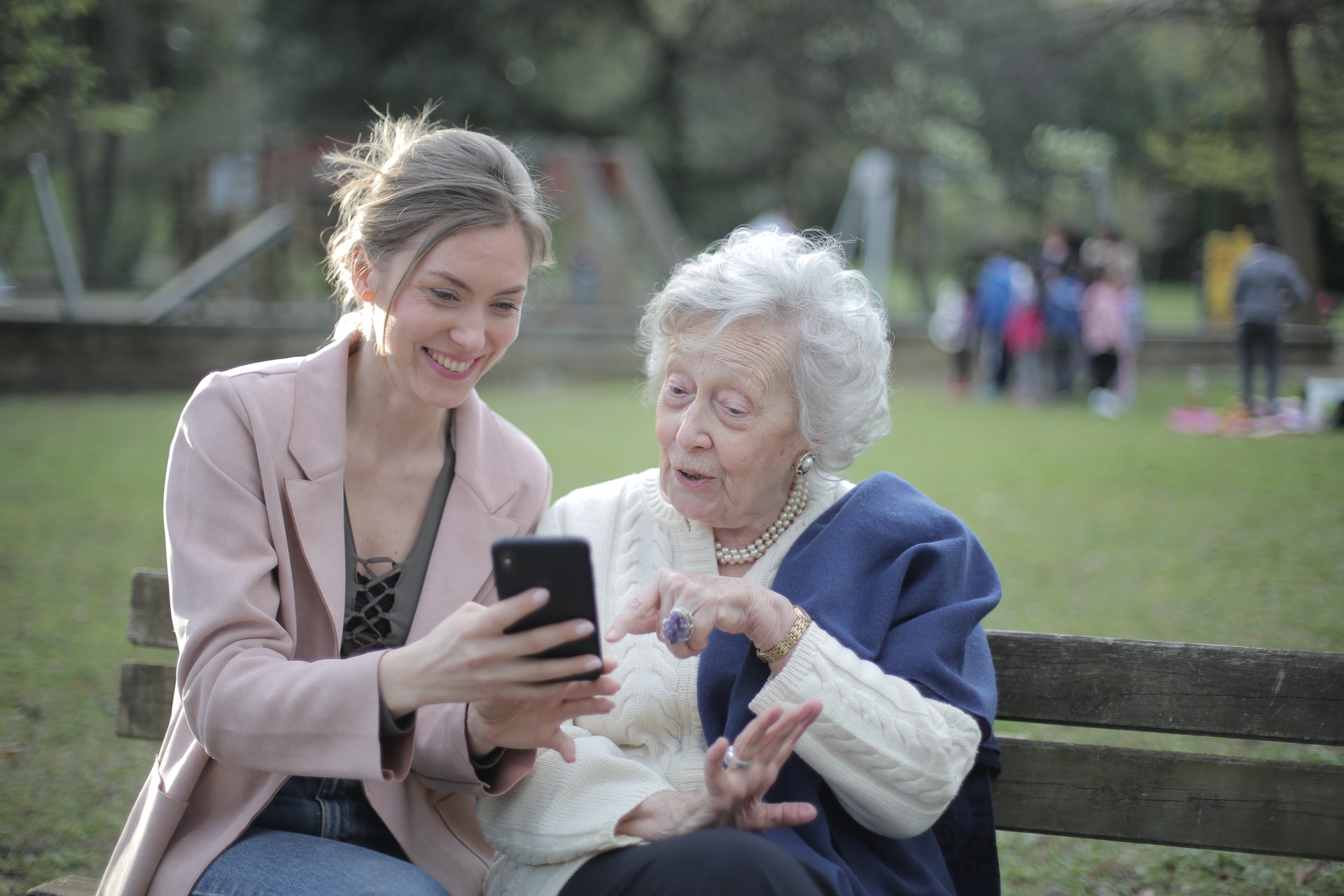This blog site is about a research project examining the impact of Covid19 on physical activity, loneliness and social contact on vulnerable groups, particularly older adults. Data were collected in June-July 2020. We are writing up the results, publications will follow shortly.
Who took part in our research?

https://www.stir.ac.uk/news/2020/05/covid-19-study-impact-of-social-distancing-on-older-adults/

Why are we doing this research? Cross-sectional and longitudinal studies have demonstrated the negative impacts of social isolation from mental health to mortality. This is a key issue for older adults but with current social distancing rules it could become more widespread. Once-daily physical activity (PA) has been recommended for individuals, which has benefits including reduced mortality and physical/mental morbidity. Public health initiatives have used PA to reduce loneliness among older adults with some success. Current advice may restrict individuals’ social and PA engagement. However, there may be positive impacts as individuals discover alternative ways to maintain social contact and PA, such as technology, which we could utilise and share. Social distancing may have a larger impact on the most vulnerable groups (those with health conditions and >70 years) who already report high loneliness. Thus, older adults are a key focus.
What are the main research questions? In older adults and at-risk groups: 1) Has social distancing had an impact on social contact, loneliness, and well-being compared to before COVID-19? 2) Has social distancing had an impact on PA engagement compared to before COVID-19? 3) What novel social and PA strategies are individuals using to overcome the effects of social distancing?
Why is this project important? The project will develop understanding of the negative impacts of social distancing but will explore salutary strategies to enhance social engagement and PA which could become part of public health recommendations in the future. This will be of interest to social and health care providers, charities, and public health policy makers.
Who is funding this research? This research project is funded by the CSO (Chief Scientist Office for Scotland) as part of a rapid response to Covid-19.
Grant number: COV/STG/20/08
Principal Investigator: Prof. Anna C. Whittaker
